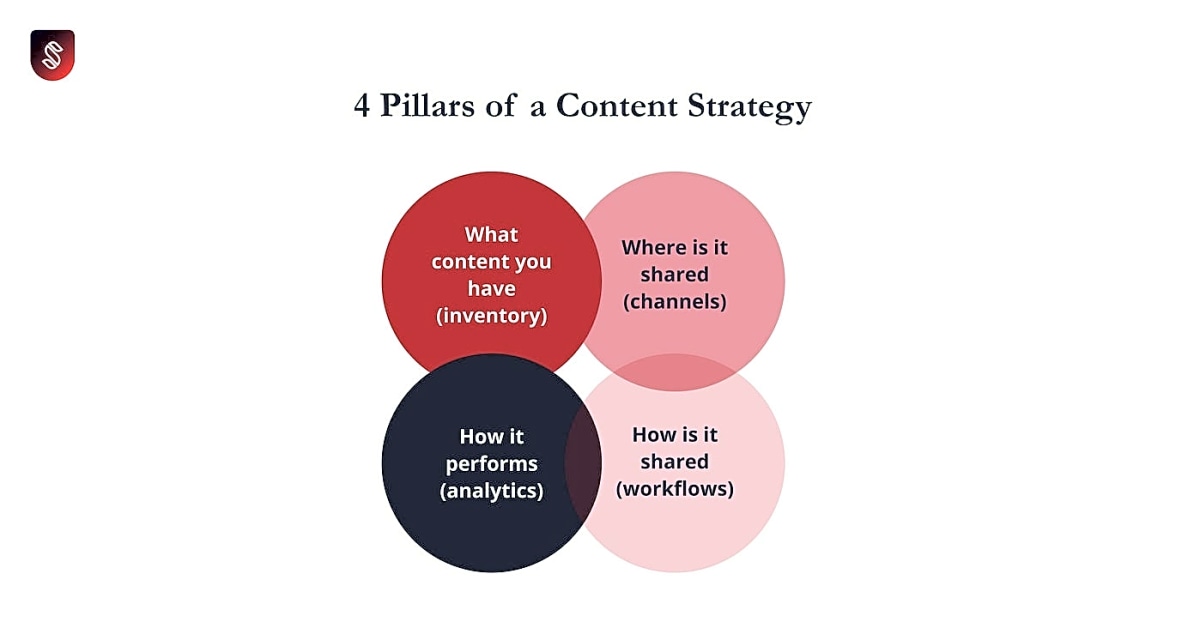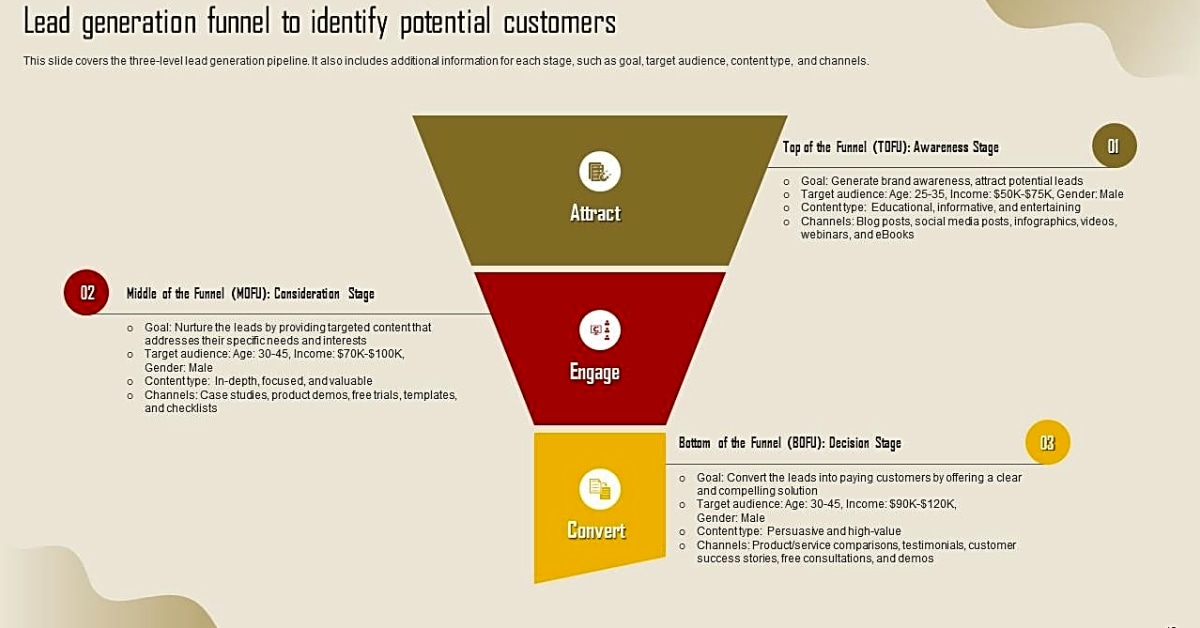In today’s fast-paced business world, it’s more important than ever for companies to have a solid understanding of their performance and how it aligns with their goals and objectives. Key Performance Indicators (KPIs) are crucial metrics that businesses use to measure their success and make informed decisions. By identifying the right KPIs, companies can gain valuable insights into their operations, identify areas for improvement, and ultimately achieve their desired outcomes. This is especially true in the context of marketing automation, where having a clear understanding of KPIs is essential for driving a successful strategy. In this article, we will explore the significance of identifying KPIs and how they play a critical role in implementing an effective marketing automation strategy. We will also discuss how businesses can define their goals and objectives to ensure that they are using the right KPIs to track their progress and achieve success.
To begin with, let’s define what KPIs are. Key performance indicators are specific metrics that measure the success of a particular activity or process. In the context of marketing automation, KPIs can help you track the effectiveness of your campaigns, identify areas for improvement, and make data-driven decisions.
Some common KPIs for marketing automation include lead conversion rate, email open and click-through rates, website traffic, and ROI.
Now that we understand the importance of KPIs, let’s dive into how you can identify them for your marketing automation strategy. The first step is to clearly define your business goals and objectives. What are you trying to achieve with marketing automation? Are you looking to generate more leads, improve customer retention, or increase revenue? Once you have a clear understanding of your goals, you can then identify which KPIs align with them.
Next, consider the tools and software available for marketing automation. There are various platforms and solutions that offer different features and capabilities. It’s essential to assess which ones are best suited for your business needs and can help you track the KPIs that matter most to you. Some popular marketing automation tools include HubSpot, Marketo, and Pardot.
Another crucial aspect of identifying KPIs is data. The success of your marketing automation strategy relies heavily on accurate and relevant data. It’s essential to establish a system for collecting, organizing, and analyzing data to ensure your KPIs are based on reliable information. Additionally, regularly reviewing and adjusting your KPIs based on new data can help you stay on track and make necessary improvements.
It’s also worth noting that different types of businesses may have different KPIs for their marketing automation strategies. For example, an e-commerce company may focus on KPIs such as conversion rate and average order value, while a B2B company may prioritize lead quality and sales cycle length. It’s essential to tailor your KPIs to fit your specific business goals and objectives.
Finally, don’t forget about the human element in all of this. Marketing automation is not just about technology and data; it’s also about understanding your target audience and their needs. Take the time to study your customers’ behavior and preferences and use that information to guide your KPI selection.
With all of these points in mind, it’s clear that identifying KPIs is a crucial step in implementing a successful marketing automation strategy. By defining clear goals, choosing the right tools, utilizing accurate data, and considering your audience, you can ensure that your KPIs align with your overall business objectives and drive success.
The Importance of Data in Identifying KPIs
Having accurate and relevant data is essential for identifying and tracking KPIs. Make sure to establish a system for collecting and analyzing data regularly.
Tailoring KPIs to Fit Your Business Goals
Different types of businesses may have different KPIs for their marketing automation strategies. Ensure that your KPIs are tailored to fit your specific business objectives.
The Human Element in Marketing Automation
When it comes to implementing a successful marketing automation strategy, it’s important to remember that the human element cannot be overlooked. While automation can help streamline processes and increase efficiency, it’s ultimately the human touch that connects with customers and drives results.
Therefore, when selecting KPIs, it’s crucial to consider your target audience and their needs. Understanding your customers’ behaviors, pain points, and preferences is key to identifying the right KPIs for your marketing automation strategy.
Choosing the Right Tools for Your Marketing Automation Strategy
When selecting the tools and software for your marketing automation strategy, consider which ones will help you track the KPIs that align with your business goals.
In order to effectively measure the success of a marketing automation strategy, it is crucial to have the right tools in place. These tools should not only automate repetitive tasks, but also provide valuable insights and data on key performance indicators (KPIs).
One important factor to consider when choosing these tools is how they align with your specific business goals and objectives. For example, if your main goal is to increase website traffic, you may want to prioritize a tool that tracks metrics such as website visits and click-through rates.
Additionally, it is important to choose tools that integrate well with each other and with your existing systems. This ensures a seamless flow of data and allows for more accurate tracking of KPIs.
It is also worth considering the scalability of these tools. As your business grows and evolves, your marketing automation needs may change. Make sure the tools you choose have the capability to adapt and grow with your business.
Ultimately, the right tools for your marketing automation strategy will depend on your unique business goals and objectives. By carefully considering which tools will help you track the most relevant KPIs, you can ensure that your marketing automation strategy is set up for success.
In conclusion, identifying key performance indicators is crucial for any business looking to implement a successful marketing automation strategy. By defining clear goals, choosing the right tools, utilizing accurate data, and considering your audience, you can ensure that your KPIs align with your overall business objectives. Regularly reviewing and adjusting your KPIs based on new data will also help you stay on track and continuously improve your marketing automation efforts. Keep these tips in mind, and you’ll be on your way to streamlining and automating your marketing processes effectively.


